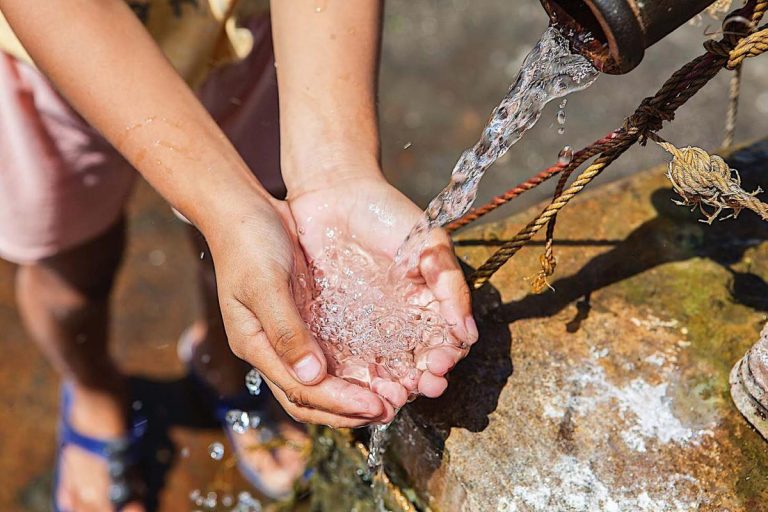Water contamination is a serious problem that can have far-reaching and devastating consequences. The Centers for Disease Control and Prevention (CDC) estimates that more than 3.5 million people in the United States get ill from contaminated water each year. Most of these illnesses are caused by the harmful toxins in lead, mercury, and other contaminants. The effects of these toxins include rashes, stomach problems, and even brain damage in young children.
Fortunately, there are now water filters that can remove the contaminants from the water and provide you and your family with safe, healthy drinking water. Water pumps are also growing in popularity because they are easy to install and do not require much maintenance.
Here are some facts about water contamination and the illnesses it can cause
- The CDC estimates that at least 400 million people worldwide are exposed to unsafe levels of arsenic in their drinking water every year.
- Lead is one of the most toxic heavy metals that can be found in water supplies around the world. It can cause a range of health problems, including severe developmental problems in children, high blood pressure, kidney damage, and even death. In 2010, the World Health Organization (WHO) estimated that more than 200 million children worldwide had been exposed to high levels of lead in their drinking water.
- Drinking contaminated water can also lead to outbreaks of cholera and dysentery. These highly infectious diseases can cause severe diarrhea and lead to dehydration and death if left untreated.
What Protections Are In Place
In the United States, the Environmental Protection Agency (EPA) is responsible for regulating the safety of the nation’s water supply and protecting the public against the dangers of water contamination. The EPA has several regulations in place to protect public health and ensure the quality of drinking water across the country. These include the following:
- Congress passed the Safe Drinking Water Act (SDWA) in 1974 in response to concerns about the safety of the nation’s drinking water supply. This law established guidelines for testing the quality of drinking water supplies and set limits on the number of certain contaminants that can be present in drinking water. The SDWA also requires all public water systems across the country to monitor their water quality regularly and notify consumers about the quality of the water they are drinking.
- The EPA has developed standards for permissible levels of various contaminants in drinking water to protect public health. These standards are based on scientific evidence and are intended to prevent possible adverse effects on human health caused by exposure to these substances in drinking water.
- Under the SDWA, the EPA is empowered to take legal action against those who violate the regulations governing the quality and safety of the nation’s drinking water supplies. In recent years, the EPA has brought many lawsuits against water systems around the country that were found to have violated EPA regulations and failed to monitor their water supplies for contamination properly.
Notable Cases of Water Contamination
Camp Lejeune in North Carolina was a Marine Corps base that served both civilian and military populations between 1953 and 1987. During the time the base was in operation, thousands of Marines and their families lived and worked there, many of them spending many years at the base and raising their children there. As a result, many civilians and children were exposed to contaminated water at Camp Lejeune throughout the 1950s and beyond. Thousands of people later developed diseases, including cancer, leukemia, congenital disabilities, and other illnesses, due to their exposure to contaminated water at Camp Lejeune. Today, there is a National Agency for Toxic Substances Disease Registry to study and help address illnesses related to dirty water at the camp.
If you or your child developed an illness or other health condition that you think may have been caused by exposure to contaminated water at a military base, you should meet with an attorney to discuss your legal rights and options.
It is important not to wait if you think you may be entitled to compensation for your illness. The longer you wait to file a claim, the harder it will be for you to prove that your condition was caused by contaminated water at Camp Lejeune. There may be deadlines for filing a claim in some cases, so you should speak with an attorney as soon as possible to discuss your case.

